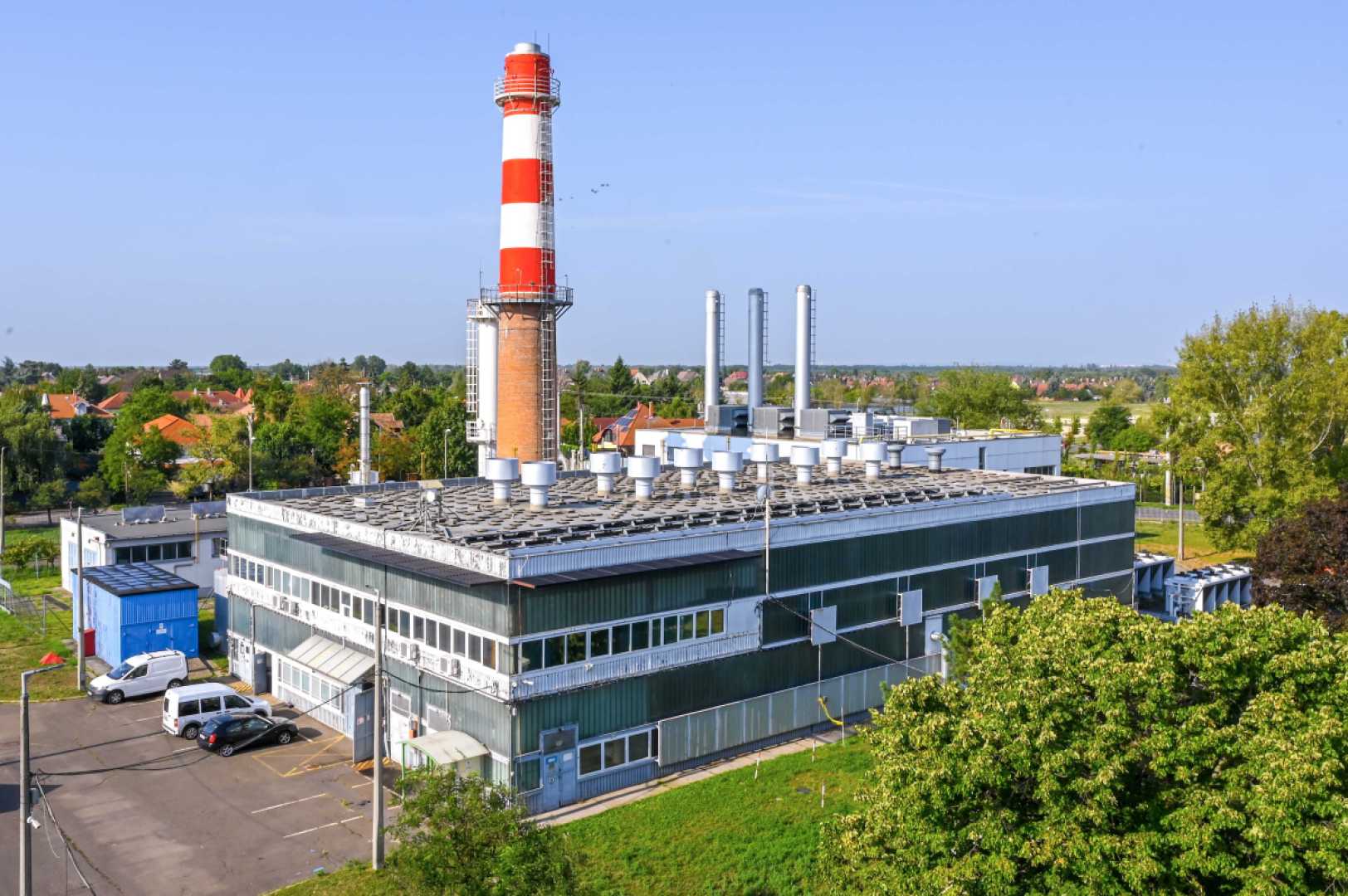World
Russia Halts Last Gas Pipeline to Europe, Impacting Moldova and Transnistria

On Jan. 1, Russia ceased pumping natural gas to Europe through its last remaining pipeline, marking the end of a decades-long energy relationship that once heated homes across the continent. The move comes amid escalating tensions following Russia’s invasion of Ukraine and Western sanctions, which have reshaped Europe’s energy landscape.
The final pipeline, named Druzhba (Russian for “friendship”), ran through Ukraine and was a relic of a more cooperative era. Its closure leaves Europe without direct Russian gas supplies for the first time since the Cold War. The immediate impact is being felt most acutely in Transnistria, a breakaway region in Moldova, where residents are facing severe energy shortages.
Transnistria, a sliver of land with a population of 360,000, has long relied on cheap Russian gas. Since the cutoff, the region has experienced widespread heating and hot water shortages, factory shutdowns, and rolling blackouts. Schools and residential buildings have gone cold, forcing residents to rely on firewood and portable heaters, which have strained the power grid and caused over a hundred daily fires.
Ukraine, which had continued to honor a pre-invasion gas transit agreement with Russia, refused to renew the deal after it expired on Jan. 1. Ukrainian President Volodymyr Zelenskyy called the agreement “blood money” and celebrated its end as a blow to Russia’s economy and war efforts. “When Putin was presented with the Russian presidency more than 25 years ago, the annual gas transit through Ukraine to Europe totaled more than 130 billion cubic meters,” Zelenskyy said. “Today, it equals 0. This is one of Moscow’s biggest defeats.”
While most European countries had already reduced their reliance on Russian gas, some, like Slovakia, have criticized Ukraine for ending the transit deal, accusing Kyiv of “sabotage” and threatening repercussions. Moldova, which aspires to join the European Union, faces additional challenges due to its reliance on Transnistria’s power plant for electricity. Moldova’s government accuses Russia of using energy as a tool of political influence, particularly ahead of its upcoming parliamentary elections.
Russia’s state-owned energy giant Gazprom has blamed Ukraine for the cutoff, citing a lack of “technical and legal means” to continue supplying gas. Meanwhile, Russia’s Foreign Ministry has accused the U.S. of orchestrating the energy crisis to benefit American LNG exports. “The main beneficiary of the repartition of the energy market of the Old World is the main sponsor of the Ukrainian crisis — the United States,” said Foreign Ministry spokesperson Maria Zakharova.
As Europe adapts to a new energy reality, the humanitarian and economic fallout in Transnistria underscores the broader geopolitical stakes of Russia’s gas cutoff.












